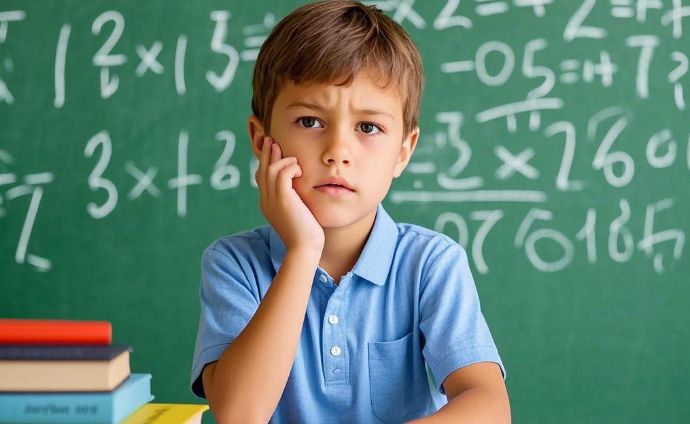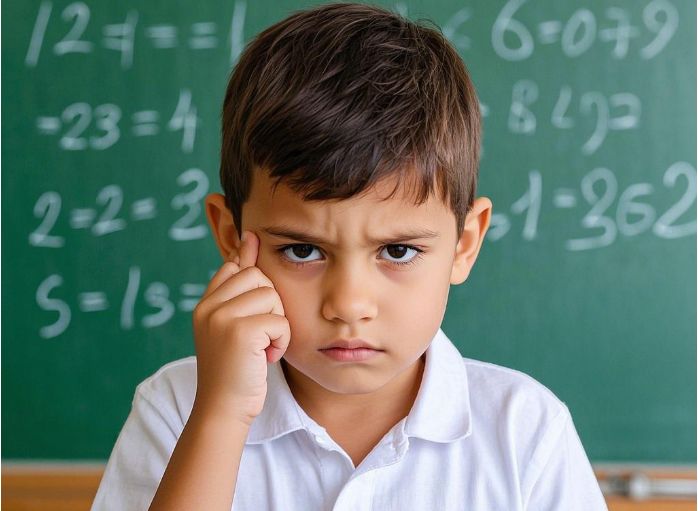Over the years in psychology, many theories have come up to study intelligence and what affects it. These theories help us understand the complex idea of intelligence and also give us clues about what a child's IQ might depend on.
Spearman's two - factor theory says that intelligence has a general factor (G factor) and special factors (S factors). The G factor is like a person's overall ability and is involved in all smart activities. How smart a person is depends on how much of the G factor they have. S factors are for specific skills, like painting or singing.

Thurstone's group - factor theory thinks that intelligence is made up of a bunch of "basic mental abilities." These include being able to understand words, speak fluently, work with numbers, picture things in space, notice things quickly, remember, and think logically. These factors are a bit related to each other, especially in young kids.
Guilford's three - dimensional structure theory sees intelligence as a big system with three parts: content, operation, and product. There are different parts in each of these three, and together they can form 150 possible intelligence factors. The operation part is thought to show how intelligent a person is.

Cattell's theory splits intelligence into two types: fluid intelligence and crystallized intelligence. Fluid intelligence is based on our body. It gets to its highest point around age 20 and then goes down as we get older. It's not affected much by education or culture. Crystallized intelligence comes from what we learn. It may get better as we age because we gain more knowledge.
Gardner's multiple - intelligence theory changes the way we think about intelligence. He says there are seven kinds of intelligence: language skills, math and logic skills, the ability to understand space, musical skills, the ability to move our bodies well, the ability to get along with others, and the ability to know ourselves. This is different from the old ideas, where only the first three were usually seen as part of intelligence.

Sternberg's triarchic theory of intelligence says that human intelligence is made of three parts. Componential intelligence is the ability to solve problems by thinking things through. Experiential intelligence is when we can be creative and get new ideas when we face new situations. Practical intelligence is about using what we've learned to deal with everyday things.
In short, a child's IQ is related to many things. These different theories show us that from general and special mental skills to how we use our experience and think in different ways, all these play a part in how intelligent a child is.